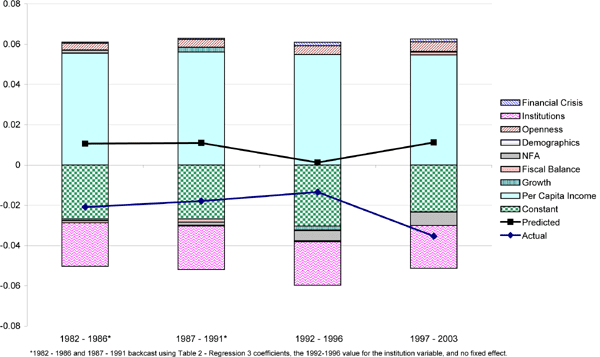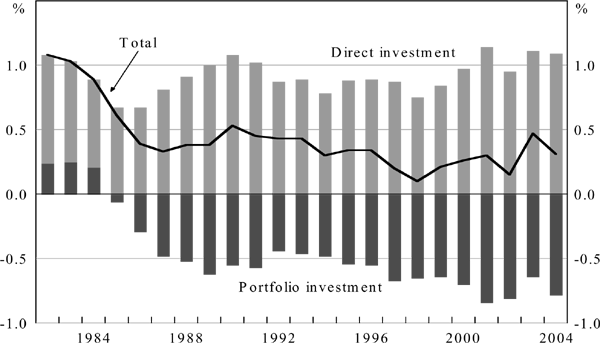Current Account Deficits Government Investment Or Irresponsibility
Post on: 16 Март, 2015 No Comment

The current account is a section in a countrys balance of payments (BOP) that records its current transactions. The account is divided into four sections: goods, services, income (such as salaries and investment income) and unilateral transfers (for example, workers remittances).
A current account deficit occurs when a country has an excess of one or more of the four factors making up the account. When a current transaction enters the account, it is recorded as a credit ; when a value leaves the account, it is marked as a debit. Basically, a current account deficit occurs when more money is being paid out than brought into a country.
What a Deficit Implies
Why Is There a Deficit?
Is a current account deficit simply a matter of a governments bad planning and/or uncontrollable spending and consumption? Well, sometimes. But more often than not, a deficit is planned for the purpose of helping an economys development and growth. It can also be a sign of a strong economy that is a safe haven for foreign funds (well explain this below). When an economy is in a state of transition or reform, or is pursuing an active strategy of growth, running a deficit today can provide funding for domestic consumption and investment tomorrow. Here are some of the types of deficits, both planned and unplanned, that countries experience.
Balance of Trade Deficit
With the long-term in mind, a country may run a deficit by importing more than its exporting, with the ultimate goal of producing finished goods for export. In this scenario, the country will plan to pay off the temporary excess of imports at a later time with proceeds made from future export sales. The proceeds made from these sales would then become a current account credit. (To Learn more, read In Praise Of Trade Deficits .)
Investing for the Future
Instead of saving money now, a country could also choose to invest abroad in order to reap the rewards in the future. The outing funds would be recorded as a debit in the financial account, while the corresponding incoming investment income would eventually be earmarked as a credit in the current account. Often, a current account deficit coincides with depletion in a countrys foreign reserves (limited resources of foreign currency available to invest abroad).
Foreign Investors

When foreign investors send money into the domestic economy, the latter must eventually pay out the returns due to the foreign investors. As such, a deficit may be a result of the claims foreigners have on the local economy (recorded as a debit in the current account).
This kind of deficit could also be a sign of a strong, efficient and transparent local economy, in which foreign money finds a safe place for investment. The United States capital market, for example, was seen as such when quality assets were sought out by investors burned in the Asian crisis. The U.S. experienced a surge of foreign investment into its capital markets. And while the U.S. received money that could help increase domestic productivity and hence expand its economy, all of those investments would have to be paid off in the form of returns (dividends. capital gains ), which are debits in the current account. So a deficit could be the result of increased claims by foreign investors, whose money is used to increase local productivity and stimulate the economy.
Overspending Without Enough Income
Sometimes governments spend more than they earn, simply due to ill-advised economic planning. Money may be spent on costly imports while local productivity lags behind. Or, it may be deemed a priority for the government to spend on the military rather than economic production. Whatever the reason, a deficit will ensue if credits and debits do not balance.
Financing the Deficit
Public and Private Foreign Funds














